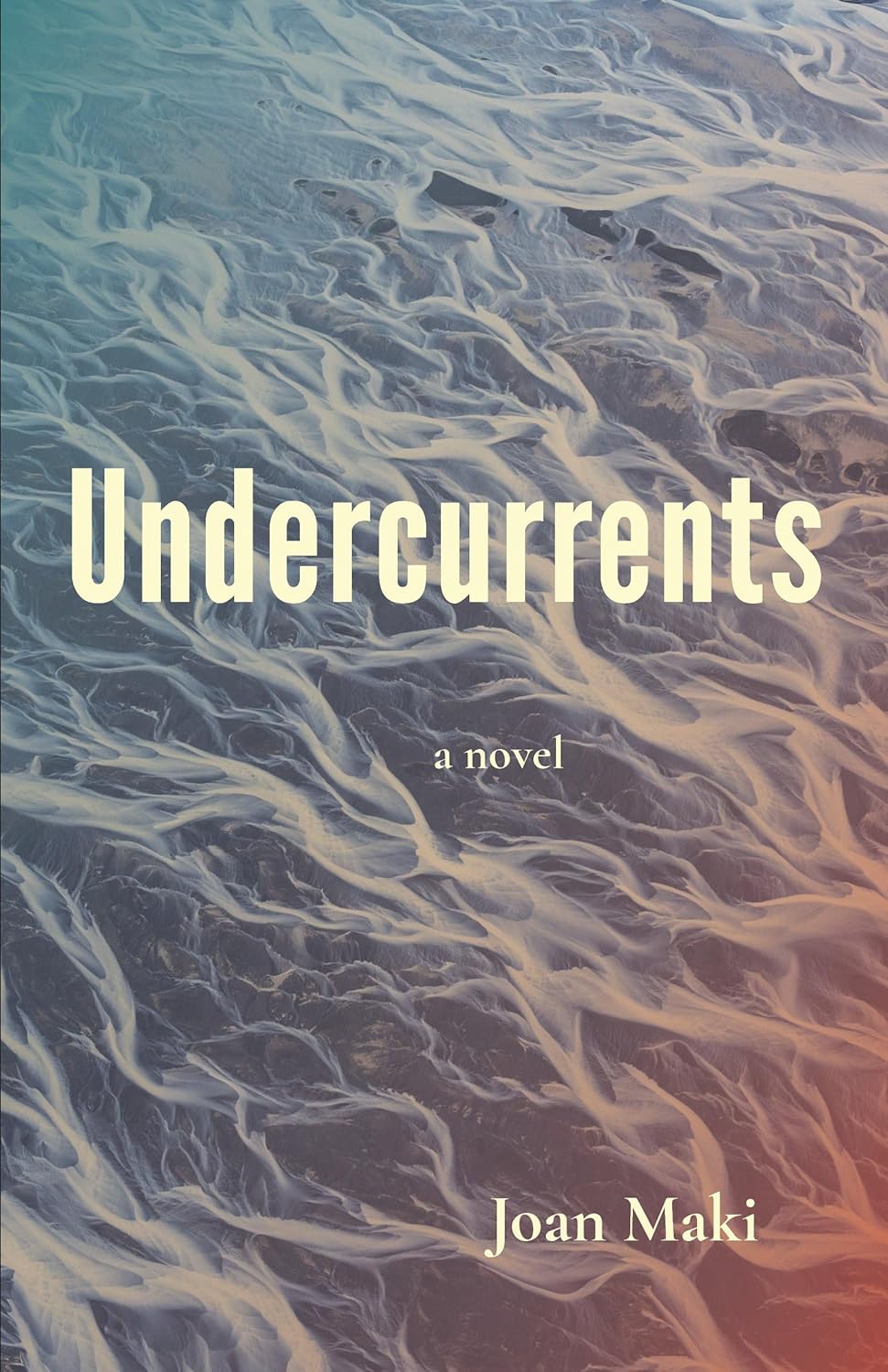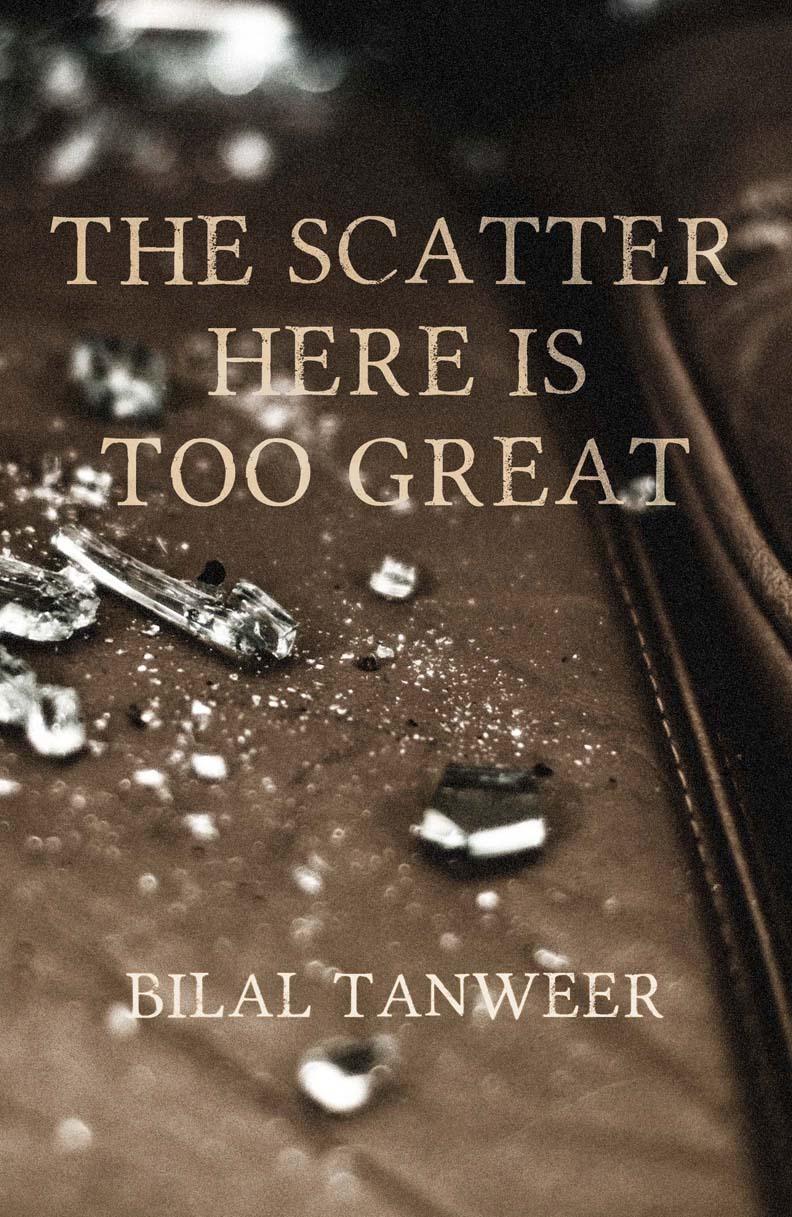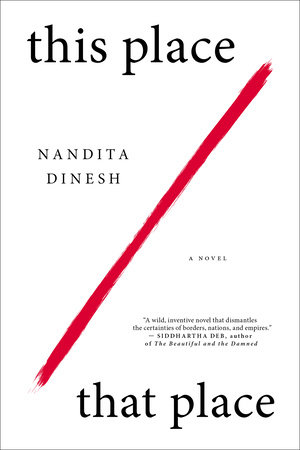Undercurrents: A Novel
- By Joan Maki
- Baobab Press
- 202 pp.
- Reviewed by Haley Huchler
- September 26, 2024
What happened in the dark Montana woods all those years ago?

There’s something lurking in the woods. At least, that’s what we humans subliminally fear — the unknowable things that hide amid the trees and moss and shadow. Fourth-generation Montanan Joan Maki understands this visceral dread all too well and plays on it in her debut novel, Undercurrents.
Young wife and soon-to-be mother Kit is caught somewhere between her past and the future. She’s moved to the coast, far away from the dark forests of her childhood, but leaving her hometown hasn’t blunted the pain of a long-ago incident that continues to haunt her.
Kit’s life is lived in the shadow of what happened to her best friend, Patrick, who disappeared without a trace in the vast woods of Montana when they were kids. There are many theories about what befell him — an accidental plunge into a rough river, a kidnapping by his abusive father — but the one that most torments Kit involves the ancient and supernatural. A reclusive old neighbor, Marg, is sure Patrick was claimed by the people of the forest. Some say they’re just old stories. Some say not:
“It’s like seeing someone out of the corner of your eye. But they’re gone when you look…They live upside, she said. Backwards. Night is day. Day is night. They live beneath the earth. They come out once in a while, play jokes, look after things.”
Undercurrents blends eras in a muddled, dreamy way that mimics the human mind in distress. Kit struggles through the everyday tasks of living while remembering playing in the woods with Patrick, the mystery surrounding his disappearance, and the tortured aftermath. She’s continually drawn to strange characters like hermit Marg or the homeless man who wanders the beach. It’s something her husband, Jason, can’t understand.
Despite doing everything to run from her past, Kit knows she’ll never truly fit in among the people in her present who don’t comprehend the mysticism of nature, how the ocean or the forest can mercilessly pull you in. It all recalls Margaret Atwood’s Surfacing, a novel that would make a wonderful companion to Undercurrents. But in many ways, Maki’s tale is wholly original, with a writing style unlike any other and a tone that’s simultaneously disturbing and fascinating.
The story unfolds via a series of short chapters, more like vignettes, each with its own title. One could imagine some of them standing alone as pieces of flash fiction. Most of the book is told from Kit’s point of view, but sometimes the perspective changes, often to that of her brother, Paul, still living and working in their hometown.
Back in Montana, Paul is equally haunted by Patrick’s disappearance. He finds bones down by the river and sends them for analysis, waiting with bated breath for the answers — “Closure, they call it” — they’ve craved for years. Alas, the bones turn out to be centuries old; they belong to some long-dead creature. The answers that would give Kit and Paul peace might never come, and Undercurrents deals with them trying desperately to accept it.
The claustrophobia of the prose, which switches rapidly between then and now, can be overwhelming, but I suspect this was an intentional choice by the author to demonstrate the anguish of Kit’s mind. Nevertheless, it does occasionally hinder the reader’s experience, leading to confusion. The narrative becomes muddled, lost in the repetition of the same images, the same stories.
The best way to read Undercurrents may be to surrender to the mystery, to let the timelines bleed into each other. Time itself is altered here, more a circle than a line. Give yourself over to the circularity, and you’ll come away with a powerful sense of grief, secrecy, and hope — and a renewed fear of what lurks in the woods.
Haley Huchler is a writer from Virginia. She has written for Northern Virginia Magazine, Prince William Living Magazine, and other publications. She earned a B.A. in English and journalism from James Madison University, where she was editor-in-chief of Iris, an undergraduate literary magazine.

